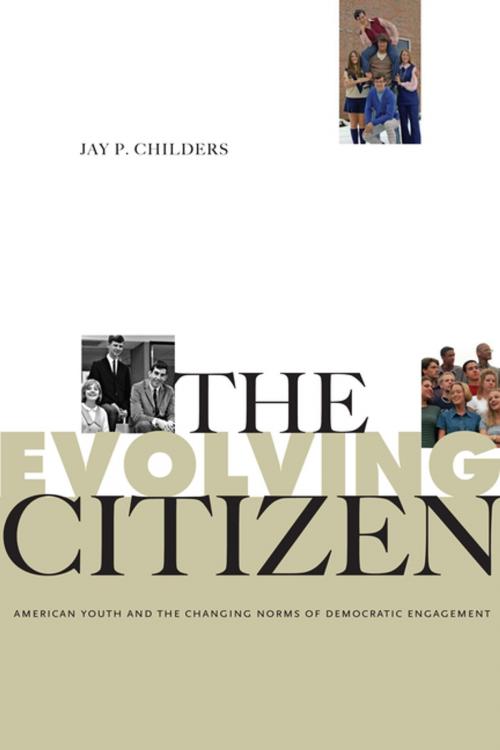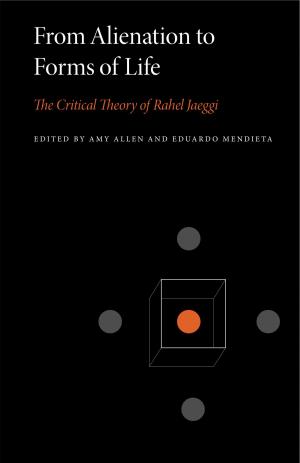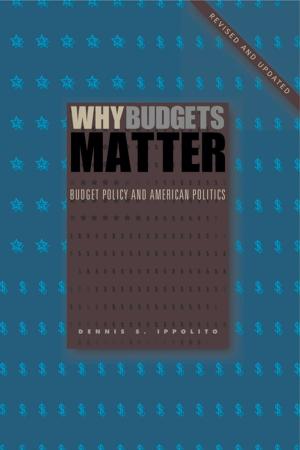The Evolving Citizen
American Youth and the Changing Norms of Democratic Engagement
Nonfiction, Reference & Language, Language Arts, Public Speaking, Rhetoric, Social & Cultural Studies, Political Science, Government, Civics, Linguistics| Author: | Jay P. Childers | ISBN: | 9780271068985 |
| Publisher: | Penn State University Press | Publication: | September 5, 2012 |
| Imprint: | Penn State University Press | Language: | English |
| Author: | Jay P. Childers |
| ISBN: | 9780271068985 |
| Publisher: | Penn State University Press |
| Publication: | September 5, 2012 |
| Imprint: | Penn State University Press |
| Language: | English |
It has become a common complaint among academics and community leaders that citizens today are not what they used to be. Nowhere is this decline seen to be more troubling than when the focus is on young Americans. Compared to the youth of past generations, today’s young adults, so the story goes, spend too much time watching television, playing video games, and surfing the Internet. As a result, American democracy is in trouble.
The Evolving Citizen challenges this decline thesis and argues instead that democratic engagement has not gotten worse—it has simply changed. Through an analysis of seven high school newspapers from 1965 to 2010, this book shows that young people today, according to what they have to say for themselves, are just as enmeshed in civic and political life as the adolescents who came before them. American youth remain good citizens concerned about their communities and hopeful that they can help make a difference. But as The Evolving Citizen demonstrates, today’s youth understand and perform their roles as citizens differently because the world they live in has changed remarkably over the last half century.
It has become a common complaint among academics and community leaders that citizens today are not what they used to be. Nowhere is this decline seen to be more troubling than when the focus is on young Americans. Compared to the youth of past generations, today’s young adults, so the story goes, spend too much time watching television, playing video games, and surfing the Internet. As a result, American democracy is in trouble.
The Evolving Citizen challenges this decline thesis and argues instead that democratic engagement has not gotten worse—it has simply changed. Through an analysis of seven high school newspapers from 1965 to 2010, this book shows that young people today, according to what they have to say for themselves, are just as enmeshed in civic and political life as the adolescents who came before them. American youth remain good citizens concerned about their communities and hopeful that they can help make a difference. But as The Evolving Citizen demonstrates, today’s youth understand and perform their roles as citizens differently because the world they live in has changed remarkably over the last half century.















